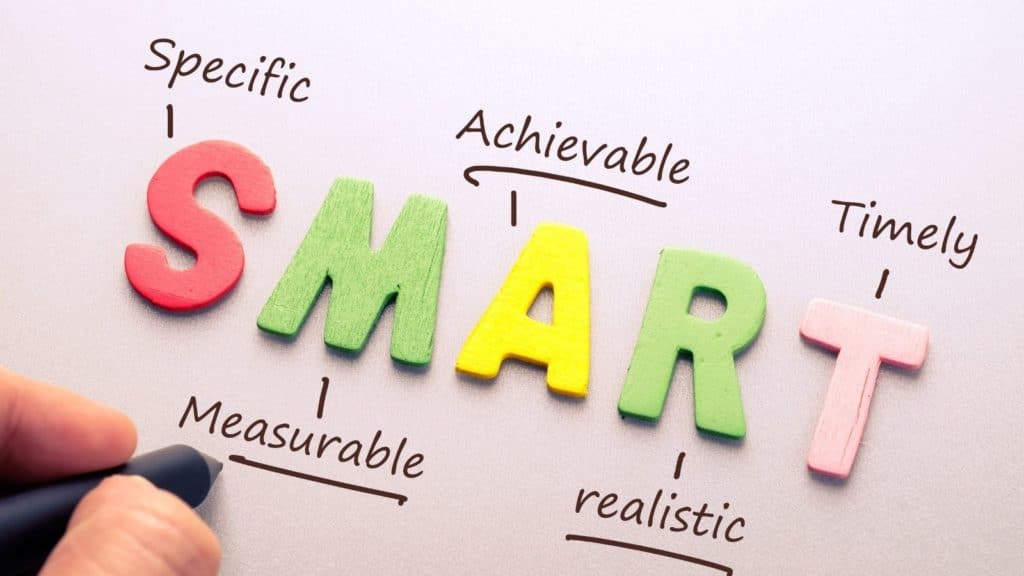Wise time management is vital to productivity and helps you meet deadlines or complete all of the tasks that need to be done each day. It may also allow you to experience less stress or stop feeling overwhelmed by commitments. Try to follow these simple tips:
1. Create daily to-do lists
Make a list of tasks you can finish today, including parts of larger projects. People often find it rewarding to check off each item as they complete it. The list also provides a record of what you’ve accomplished. You can use paper or a basic computer program like Notepad or TextEdit.

2. Set priorities logically
Some things on your to-do list hold greater importance than others. You could put them at the top of the list, circle them or use a highlighter. Generally, these tasks are essential or must be done soon. Paying taxes on time is a higher priority than seeking new customers.
3. Start taking micro-breaks
Before you move from one task to another, take a micro-break lasting one to five minutes. Study data reveals that this can improve your health, reduce stress and boost concentration. Here are some examples of things to do during micro-breaks:
- Stretch
- Eat a snack
- Make coffee
- Look outside
- Play a song
- Walk around
4. Learn how to say “no”
When a family member, friend, client, or co-worker asks you to do something that will take a significant amount of time, it isn’t always realistic to say “yes.” Don’t let people pressure you to answer right away. Find out if you truly have enough time to spare. If not, politely say “no” and briefly explain why.
5. Set smart goals for yourself
Create goals that are specific, not general. Don’t set yourself up for failure with unrealistic plans. It should be possible to measure your progress and determine if you’ve reached a goal. For instance, you could aim to file all of your unfiled papers by the end of the day.

6. Try using a calendar app
Calendars make it much easier to keep track of appointments and deadlines. You could use a paper booklet, desktop computer software, or a smartphone app. Some apps are free while others cost less than $10. Try to find software that doesn’t always need internet access, especially if you travel.
7. Minimize distractions
Technology can help you manage time, but it could also distract you constantly. Adjust your settings so that you don’t get notified of every new email or social media message as it arrives. Tell people to call you on the phone if they truly need to reach you immediately.
8. Set specific deadlines
When setting your own deadlines, it’s best to choose exact times and dates. They can motivate you and help you avoid putting things off. Consider rewarding yourself in some way for meeting them. Deadlines shouldn’t be so soon that they cause excessive stress or provide so much time that you work slowly.

If you follow these tips consistently, your day will go more smoothly and you can focus on what really matters. Remember that GetOrganizedWizard.com is always here to help when you have difficulty managing the many tasks and responsibilities of a busy life.


What a great article I just found here. These simple steps will come in handy for me to start learning to better manage my work, personal and family time. It is a joy to read these articles. Congratulations on what you do and all the advice you give.